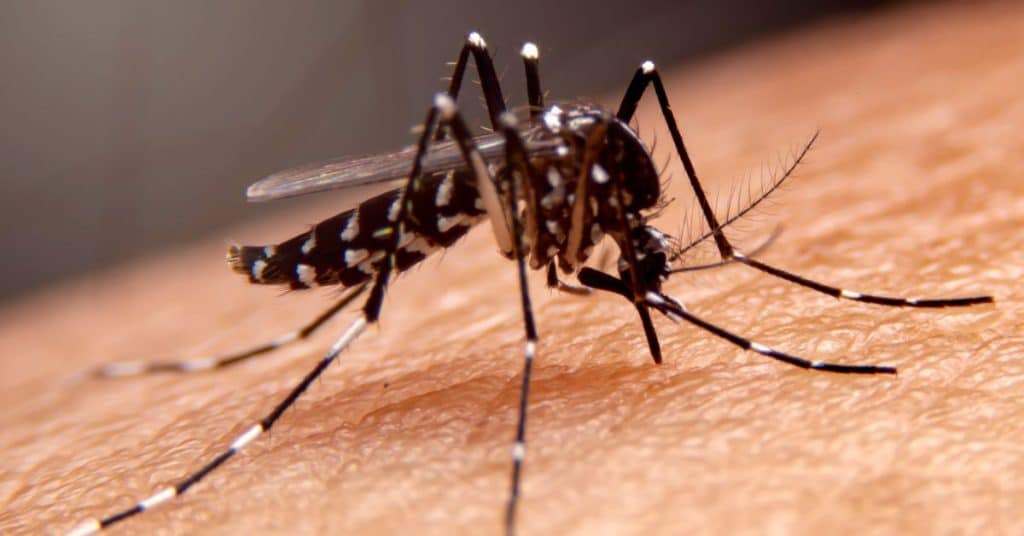Malaria: Everything You Should Know
People may get malaria, a dangerous and potentially fatal illness, by being bitten by an infected female Anopheles mosquito carrying parasites. Malaria still affects millions of people globally, particularly in tropical and subtropical areas, even though it is preventable and treated.
We will cover every aspect of malaria in this extensive book, including its causes, symptoms, prevention advice, and real-world case studies.

What is Malaria?
Plasmodium species are the main parasite cause of malaria. When an infected mosquito bites a person, it spreads. Fever, chills, sweating, headaches, and nausea are typical symptoms. Malaria can cause serious complications, such as organ failure, if treatment is delayed.
Symptoms of Malaria
Ten to fifteen days after being bitten by an infected insect, malaria symptoms usually start to show. The following are typical indicators to look out for:
High Fever: This condition frequently occurs in cycles.
Chills: Feeling very cold and shivering.
Sweating: As the fever goes down, there will be a lot of sweating.
Headaches: Frequently intense and enduring.
Abdominal pain is accompanied by nausea and vomiting.
Fatigue: Experiencing weakness or exhaustion.
Muscle Pain: Aches in the joints and body are typical.
Jaundice: Severe yellowing of the skin.
When Is the Right Time to See a Doctor?
if you have a fever after visiting or residing in a region where malaria is common.
whether the symptoms continue or get worse with time.
whether you have any additional medical issues that could increase the risk of malaria.
Don’t disregard these symptoms because prompt diagnosis and treatment can save lives.
Causes of Malaria
Plasmodium parasites are the cause of malaria. Humans get these parasites by being bitten by female Anopheles mosquitoes carrying the infection. Plasmodium parasites come in five primary varieties:
The most serious instances are caused by Plasmodium falciparum.
Plasmodium vivax: Known to cause infections that recur.
Chronic malaria may be caused by Plasmodium malariae.
Although less frequent, Plasmodium ovale can recur.
Southeast Asia is home to the majority of Plasmodium knowlesi.
Risk Factors of Malaria
You are more likely to have malaria if you have certain factors, such as:
Living in or traveling to tropical and subtropical regions is the geographic location.
Seasonality: Mosquito populations tend to increase during rainy seasons.
Absence of Preventive Measures: Not applying repellents or mosquito nets.
Pregnancy: Makes the mother and unborn child more vulnerable.
Children and the elderly are particularly vulnerable due to their weakened immune systems.
Prevention Tips
Malaria, if left untreated, can cause:
Brain swelling resulting in seizures, disorientation, or coma is known as cerebral malaria.
Red blood cell breakdown is the cause of severe anemia.
Organ Failure: The spleen, liver, or kidneys could be impacted.
Respiratory problems include pulmonary edema or trouble breathing.
Death: Particularly when Plasmodium falciparum infection is present.
Case Studies from Real Life
Case Study 1: Sarah’s Experience with Malaria
A 28-year-old traveler named Sarah went to a small town in sub-Saharan Africa. After coming home, she started to feel ill, with chills and a fever. Plasmodium falciparum malaria was verified by a brief visit to her physician. Sarah avoided serious consequences thanks to her prompt diagnosis and artemisinin-based combination therapy (ACT) treatment.
Case Study 2: The Battle of Ahmed
Ahmed, a 5-year-old boy from an area where malaria is common, experienced frequent episodes of fever and fatigue. Assuming it was a typical cold, his parents put off getting him medical attention. Regretfully, he had severe anemia by the time of his diagnosis. Although he was fortunate to recover with intensive care and a blood transfusion, the story emphasizes the value of early intervention.
Frequently Asked Questions (FAQs)
Is it possible to recover from malaria?
A: Yes, with timely and effective treatment, malaria is curable. Drugs such as artemisinin-based treatments work quite well.
How is a diagnosis of malaria made?
A blood test is done to identify parasites that cause malaria. Common techniques include microscopy and rapid diagnostic tests (RDTs).
Is it possible to spread malaria?
A: No, people cannot contract malaria from one another. A mosquito vector is necessary for its spread.
Does malaria have a vaccine?
A: In high-risk areas, young children can receive the RTS,S/AS01 (Mosquirix) vaccination; however, its use and accessibility are restricted.
What steps may tourists take to avoid contracting malaria?
A: Use repellents, sleep under treated mosquito nets, and ask your doctor about antimalarial drugs.
Conclusion
Malaria is a serious disease that can be both preventable and treatable. By understanding its symptoms, seeking medical care promptly, and adopting preventive measures, individuals can protect themselves and their loved ones. Awareness is the first step in combating malaria, and every effort counts in making the world malaria-free. If living in or visiting a malaria-prone area, take necessary precautions and stay informed. Seek medical advice if you suspect malaria.